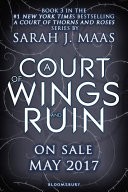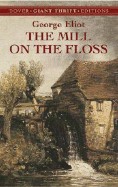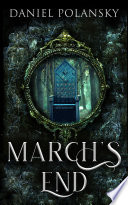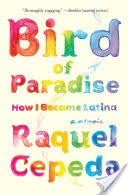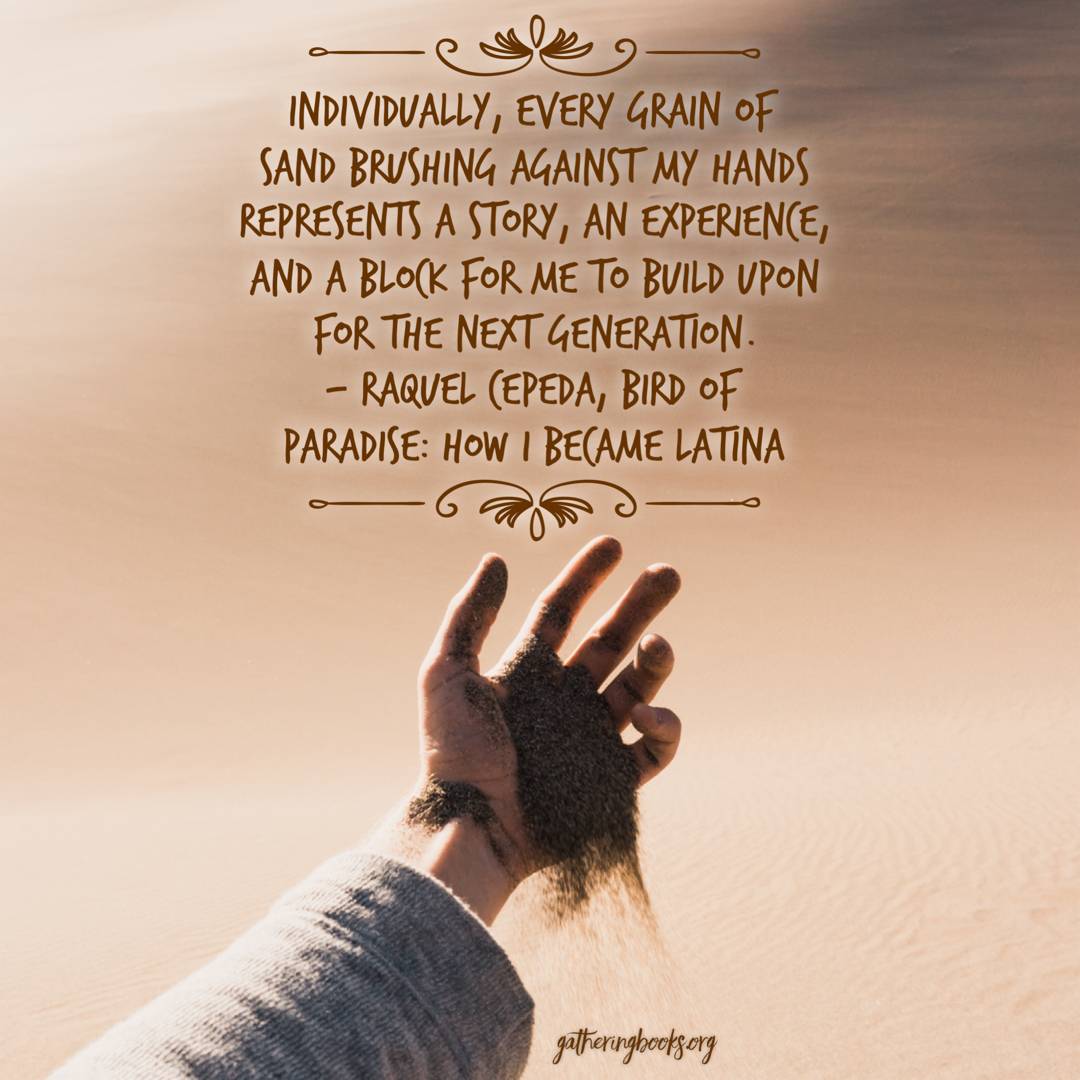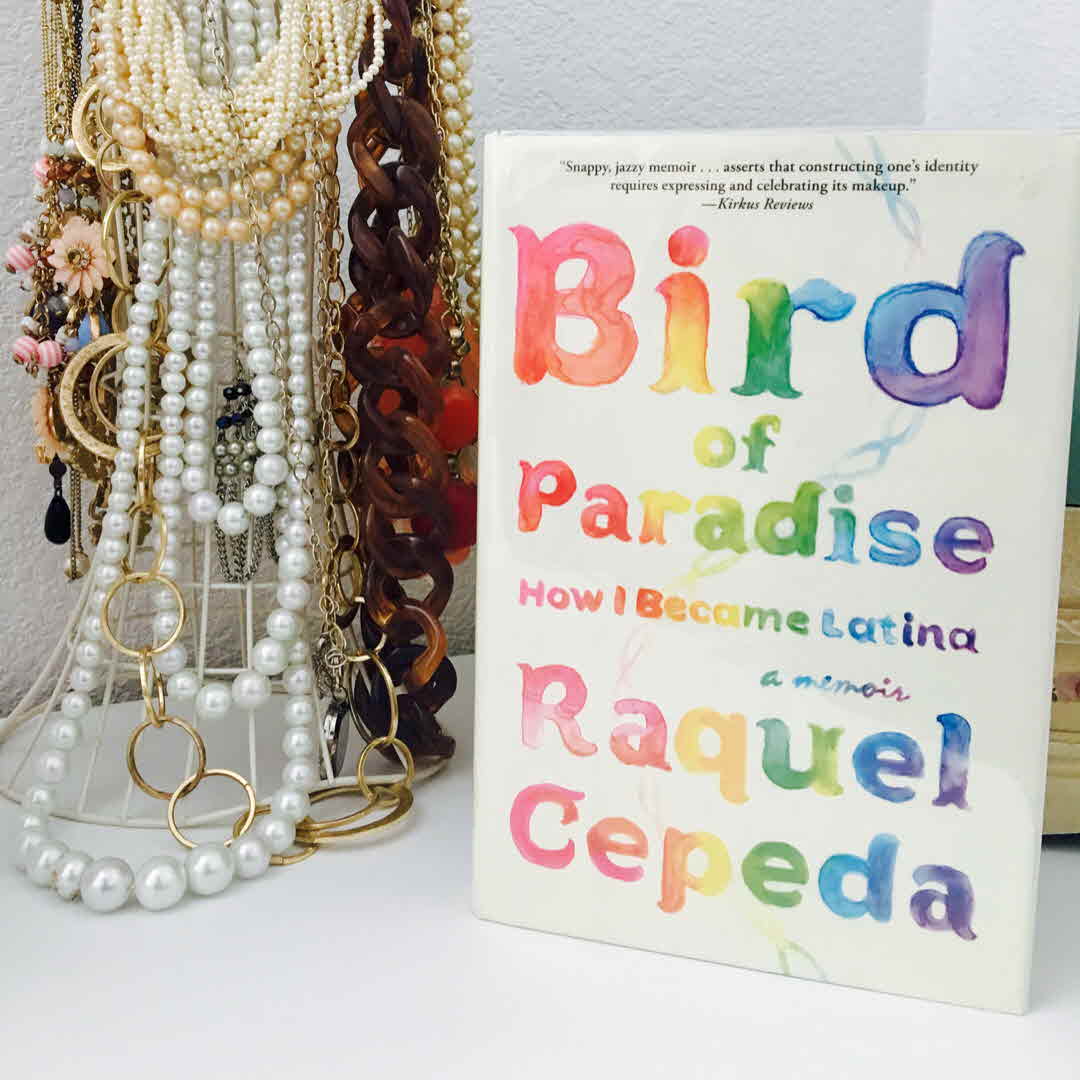Bird of Paradise: How I Became Latina | Raquel Cepeda
In 2009, when Raquel Cepeda almost lost her estranged father to heart disease, she was terrified she�d never know the truth about her ancestry. Every time she looked in the mirror, Cepeda saw a mystery�a tapestry of races and ethnicities that came together in an ambiguous mix. With time running out, she decided to embark on an archaeological dig of sorts by using the science of ancestral DNA testing to excavate everything she could about her genetic history. In 2009, when Raquel Cepeda almost lost her estranged father to heart disease, she was terrified she�d never know the truth about her ancestry. Every time she looked in the mirror, Cepeda saw a mystery�a tapestry of races and ethnicities that came together in an ambiguous mix. With time running out, she decided to embark on an archaeological dig of sorts by using the science of ancestral DNA testing to excavate everything she could about her genetic history. Digging through memories long buried, she embarks upon a journey not only into her ancestry but also into her own history. Born in Harlem to Dominican parents, she was sent to live with her maternal grandparents in the Para�so (Paradise) district in Santo Domingo while still a baby. It proved to be an idyllic reprieve in her otherwise fraught childhood. Para�so came to mean family, home, belonging. When Cepeda returned to the US, she discovered her family constellation had changed. Her mother had a new, abusive boyfriend, who relocated the family to San Francisco. When that relationship fell apart, Cepeda found herself back in New York City with her father and European stepmother: attending tennis lessons and Catholic schools; fighting vicious battles wih her father, who discouraged her from expressing the Dominican part of her hyphenated identity; and immersed in the �80s hip-hop culture of uptown Manhattan. It was in these streets, through the prism of hip-hop and the sometimes loving embrace of her community, that Cepeda constructed her own identity. Years later, when Cepeda had become a successful journalist and documentary filmmaker, the strands of her DNA would take her further, across the globe and into history. Who were her ancestors? How did they�and she�become Latina? Her journey, as the most unforgettable ones often do, would lead her to places she hadn�t expected to go. With a vibrant lyrical prose and fierce honesty, Cepeda parses concepts of race, identity, and ancestral DNA among Latinos by using her own Dominican-American story as one example, and in the process arrives at some sort of peace with her father.








